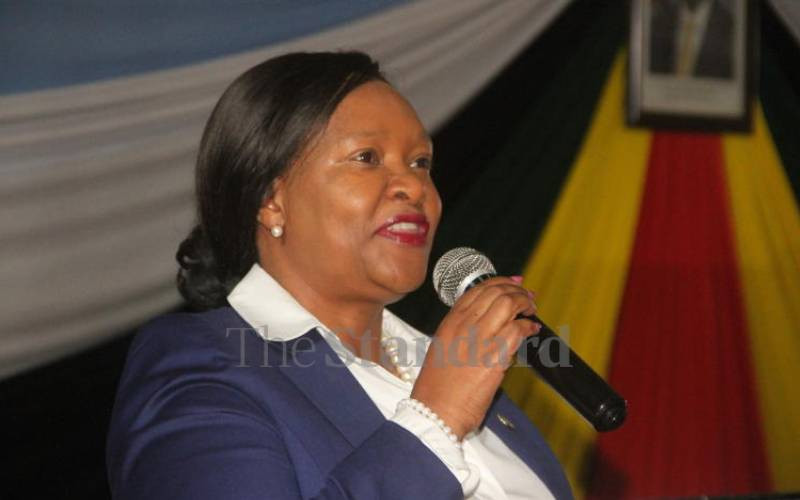×
The Standard e-Paper
Fearless, Trusted News

Over $14 million (Sh2 billion) has been disbursed to over 9000 small and micro enterprises in Northern Kenya through the Impact for Northern Kenya Fund.
The funds target various sectors such as agriculture, livestock, energy, climate, and tourism.